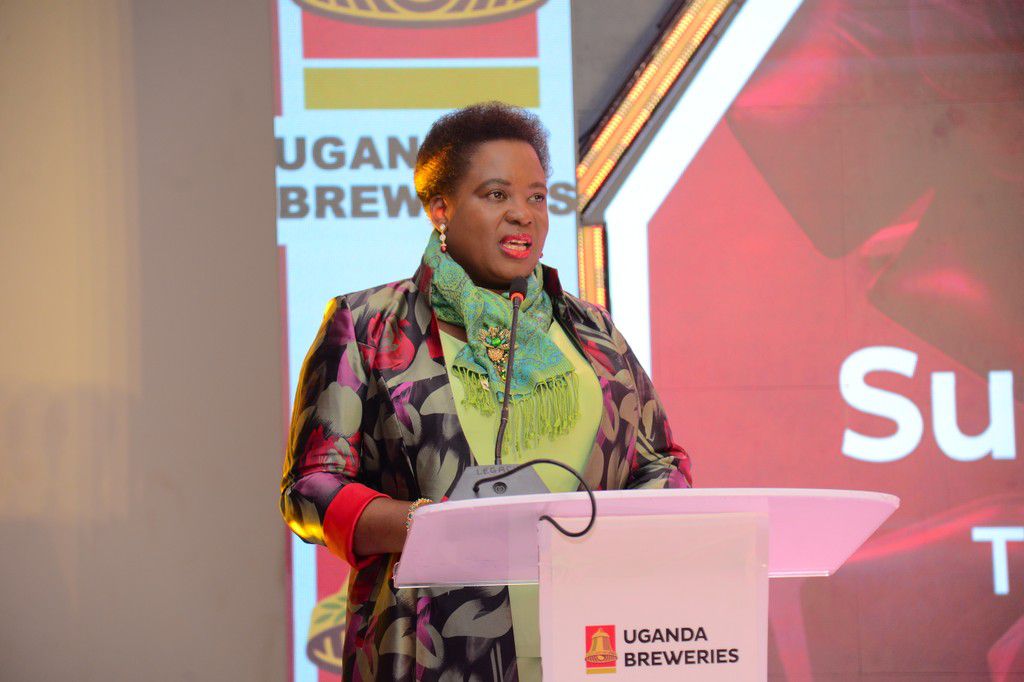The Government of Uganda’s Generating Growth Opportunities and Productivity for Women Enterprises Project has made clear which types of businesses it will not support.
To ensure that all funded projects are safe, legal, and beneficial to society, the programme excludes ventures that could harm communities, land, cultural sites, or the environment.
This means businesses involved in unsustainable forestry, use of harmful chemicals, or gambling are not eligible for GROW funding.
Sectors and Businesses Eligible for Support
The GROW Project targets women-owned micro and small-scale enterprises with growth potential in priority sectors such as agribusiness, science, technology, services, manufacturing, and construction.
Women-owned means that at least 51% of the company’s shares belong to a woman. Micro-enterprises employ fewer than five workers and have annual turnover below UGX 10 million, while small enterprises have between five and 49 workers and turnover ranging from UGX 10 million to UGX 100 million.

Both registered and unregistered businesses can benefit from many GROW activities, including training, mentoring, networking, grants through business plan competitions, and skills development. However, to access loans and infrastructure grants, business registration is required.
Boosting Women’s Enterprises and Access to Finance
Since its launch, the GROW Project has supported over 60,000 women-owned businesses, including 3,000 refugee enterprises. By October 2024, UGX 19 billion had been disbursed to 1,193 women entrepreneurs.
Minister of Gender, Labour and Social Development Betty Amongi highlighted partnerships with commercial banks such as Centenary, PostBank, Finance Trust Bank, Dfcu, and Equity Bank. These agreements, worth UGX 98.55 billion, help facilitate credit access, with UGX 26.052 billion already advanced to financial institutions.
The project also works with women-led non-governmental organisations to challenge social norms restricting women’s business participation.
Mobilisation and mentoring efforts take place at sub-county and district levels, with 522 women entrepreneur platforms mapped to serve as support hubs for beneficiaries.
)
)
)
)
)
)
)
)